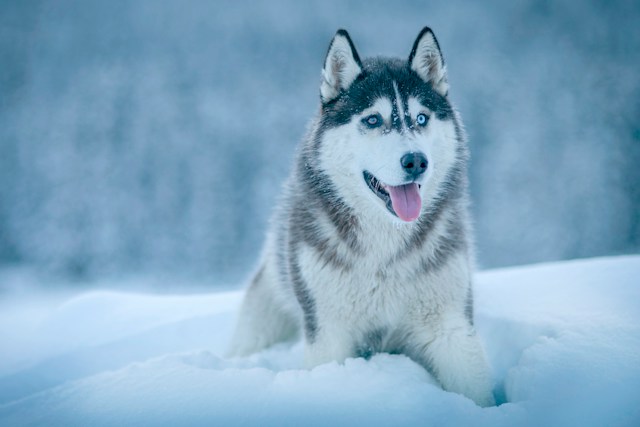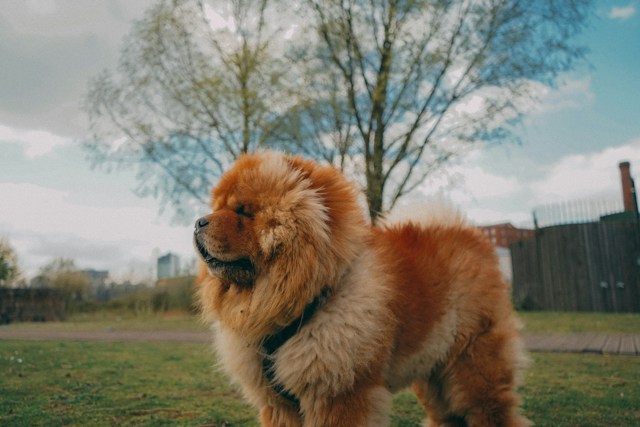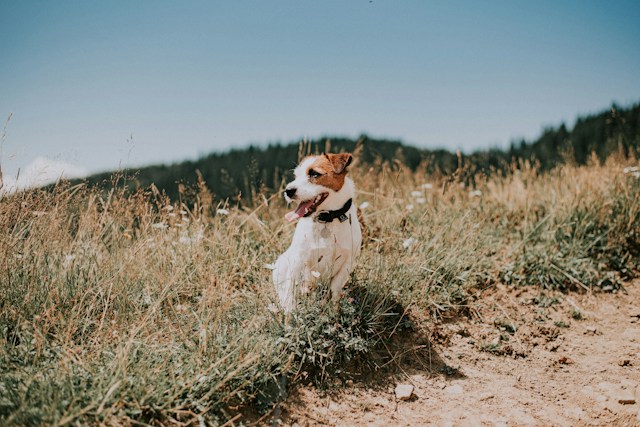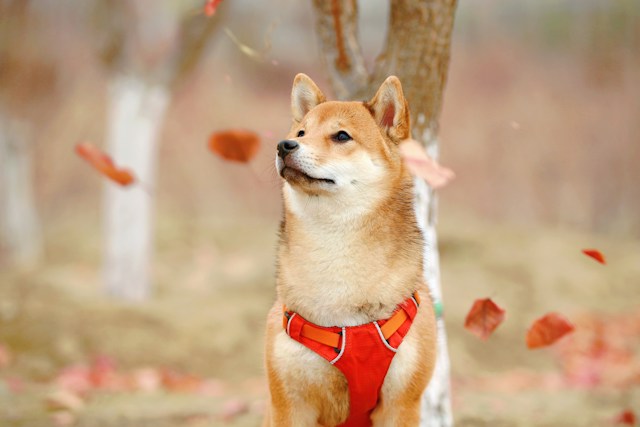Introduction:
Dogs, often touted as man’s best friend, come in a myriad of personalities and temperaments. While many canines are known for their loyalty, obedience, and charming behavior, there exist a handful of breeds that challenge the conventional image of the well-behaved dog. In this exploration, we’ll embark on a journey to meet some of the world’s most disobedient dogs—canines with a stubborn streak and a knack for mischief that keeps their owners on their toes.
Dachshund: The Spunky Sausage:
Independent Thinkers: Dachshunds, with their elongated bodies and spirited personalities, are known for their independent thinking. While they are affectionate and loyal, their strong-willed nature often translates into a reluctance to follow commands. Owners of dachshunds might find themselves negotiating with these spunky sausages rather than issuing straightforward orders.

Bred for Tenacity: Originally bred for hunting, dachshunds possess a tenacious spirit that can translate into a stubborn demeanor. Their determination, coupled with an assertive attitude, makes them one of the more disobedient breeds.
Training Challenges: Training a dachshund requires patience and consistency. Their intelligence is undeniable, but they may choose to follow their instincts rather than obey commands, especially if they find the task uninteresting.
Bulldog: The Laid-Back Rebel:
Charmingly Stubborn: Bulldogs, with their distinctive wrinkled faces and stocky builds, exude charm and a laid-back attitude. While they are known for their loyalty, their stubborn streak can be surprising. Bulldogs may decide to do things on their own terms, seemingly indifferent to their owner’s desires.

Selective Listening: Bulldogs are selective listeners, often choosing when to heed commands. Their easygoing nature can turn into an unexpected display of defiance, particularly when they decide that a particular command doesn’t align with their agenda.
Training with Positive Reinforcement: Positive reinforcement and a gentle approach are key when training a bulldog. Their love for treats and affection can be harnessed to encourage obedience, but it’s crucial to navigate their independent mindset with patience.
Beagle: The Nose Knows Best:
Scent-Driven Distractions: Beagles, with their keen sense of smell and friendly demeanor, make for delightful companions. However, their noses often lead them astray, and the enticing scents of the world around them can distract them from even the most earnest attempts at obedience.
Eager Explorers: Beagles are natural explorers, driven by their curiosity and an insatiable desire to follow scents. This can pose a challenge for owners trying to keep their beagle on a leash or maintain control during walks.

Channeling Instincts: Understanding and channeling a beagle’s instincts can be crucial in training. Incorporating scent-based games and activities can engage their senses while providing an outlet for their natural tendencies.
Husky: The Free-Spirited Sled Dog:
Independent Thinkers: Huskies, bred for pulling sleds across vast Arctic landscapes, retain a strong sense of independence. Their free-spirited nature can sometimes clash with the expectations of a disciplined household, leading to moments of disobedience.
Escape Artists: Huskies are renowned for their escape artist skills. Fences and boundaries may pose little challenge to a determined husky with a penchant for exploration. Owners often find themselves devising creative solutions to keep their spirited companions contained.

Engaging Their Minds: Mental stimulation is key when dealing with a husky. These intelligent dogs thrive on challenges and can become bored easily. Providing them with puzzles, tasks, and activities that engage their minds can help curb their disobedient tendencies.
Chow Chow: The Aloof Aristocrat:
Regal Demeanor: Chow Chows, with their lion-like mane and regal demeanor, are known for their aloof and independent personalities. While they are fiercely loyal to their families, their inclination towards independence can manifest as a resistance to traditional obedience training.

Reserved Nature: Chow Chows tend to be reserved and discerning, choosing to form bonds on their terms. This discernment can translate into selective listening and a reluctance to follow commands that they deem unnecessary.
Early Socialization: Early socialization is crucial for chow chows. Exposing them to various environments, people, and other animals can help mitigate their aloof tendencies and foster a more cooperative attitude.
Jack Russell Terrier: The Energetic Dynamo:
Boundless Energy: Jack Russell Terriers are pint-sized bundles of energy, known for their intelligence and spirited nature. Their high energy levels, coupled with a strong prey drive, can make them prone to acts of disobedience, especially when they catch wind of an interesting scent or spot a potential playmate.

Inquisitive Minds: Jack Russells are inquisitive and often follow their curiosity wherever it leads. This can result in them ignoring commands when they become engrossed in exploring their surroundings.
Structured Play and Training: Channeling a Jack Russell’s energy into structured play and training sessions is essential. These terriers thrive on mental and physical stimulation, and a well-structured routine can help keep their disobedient tendencies in check.
Afghan Hound: The Elegant Rebel:
Elegance and Independence: Afghan Hounds, with their flowing coats and regal appearance, embody elegance. However, their independence can sometimes translate into a reluctance to conform to obedience commands.
Sight Hound Instincts: Afghan Hounds are sight hounds, meaning they were bred for hunting by sight rather than scent. This instinctive focus on what catches their eye can lead to moments of selective disobedience, especially when they spot something intriguing in the distance.

Positive Reinforcement and Patience: Afghan Hounds respond well to positive reinforcement and a patient approach. Building a bond of trust and offering rewards for obedience can encourage these elegant rebels to follow commands willingly.
Shiba Inu: The Feisty Fox-Like Companion:
Fiery Independence: Shiba Inus, often referred to as “Shibas,” are known for their fiery independence and fox-like appearance. Their spirited nature and strong-willed personality can make them prone to acts of defiance, especially if they perceive a command as an attempt to curtail their freedom.

Cat-Like Aloofness: Shibas exhibit a cat-like aloofness, and their independent streak can be reminiscent of feline behavior. Training a Shiba Inu requires understanding their unique temperament and adjusting training methods accordingly.
Early Socialization: Early socialization is key to managing a Shiba Inu’s tendency towards stubbornness. Introducing them to various people, animals, and environments helps shape a well-adjusted and more obedient adult dog.
Conclusion:
While disobedience in dogs can be frustrating for owners, it’s essential to recognize that each breed comes with its unique set of traits and tendencies. What may be perceived as defiance often stems from a dog’s natural instincts, intelligence, or a desire for independence. Successful training involves understanding and working with these traits rather than against them.
Ultimately, the journey of raising a disobedient dog can be a rewarding one. With patience, consistency, and a healthy dose of humor, owners can navigate the challenges posed by their unruly companions. After all, it’s often the mischievous antics and independent spirit of these dogs that endear them to our hearts, making the journey of companionship all the more memorable.